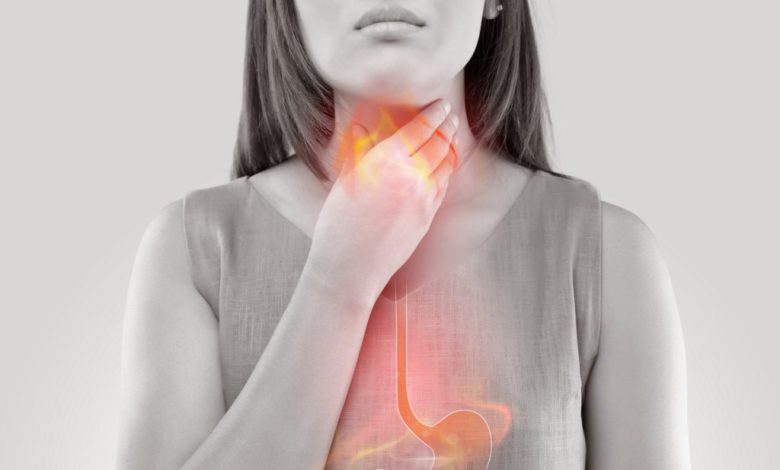Esophagitis Symptoms, Causes, Diagnosis and Treatment

What is esophagitis?
Esophagus is a muscular tube responsible for delivering the food we have swallowed from our mouth to the stomach. Esophagitis is characterized as inflammation that tends to damage your esophagus tissues. Often, the condition causes difficulty to swallow. Few of its causes include allergies, oral medications, infection and stomach acids which move up into your esophagus.
Its treatment depends upon the rooting cause and severity of tissue damage. In case, esophagitis is left untreated, it can change the function and structure of your esophagus.
What are the symptoms of esophagitis?
Few common symptoms of the condition include:
- Decreased appetite.
- Cough.
- Abdominal pain.
- Vomiting.
- Nausea.
- Food impaction.
- Chest pain, especially behind your breastbone.
- Painful swallowing.
- Difficulty swallowing.
What causes esophagitis?
An irritation or infection in your esophagus can cause esophagitis. Normally, infection is caused by fungi, viruses, bacteria or disease responsible for weakening the immune system. Moreover, certain infections known for causing the condition are:
- Candida.
- Herpes.
Irritation that tends to lead esophagitis can be cause due to:
- Surgery.
- Gastroesophageal reflux disease.
- Vomiting.
- GERD.
- Medications for example aspirin.
- Hernias.
- Swallowing some toxic substance.
- Radiation injury.
- Taking a pill just before going to bed or taking it with very little water.
What are the possible complications of esophagitis?
If esophagitis is left untreated, it can cause changes in the function and structure of your esophagus. Furthermore, its potential complications are:
- Esophageal stricture.
- Esophageal rings.
- Barrett’s esophagus.
How is esophagitis diagnosed?
After reviewing the patient’s medical history and conducting a careful physical examination. The doctor can suggest the following tests in order to diagnose the condition. These tests can include:
- Esophagus biopsy.
- Upper endoscopy.
- Upper GI series.
How is esophagitis treated?
Clearly, the treatment of the condition tends to depends upon its cause. However, few possible treatments are mentioned as follow:
- Certain medications which can block the production of acid for example heartburn drugs.
- Pain relieving medications which can be swallowed or gargled.
- Antivirals, anti-fungals or antibiotics in order to treat your infection.
- Intravenous nutrition in order to prevent malnutrition and dehydration. Moreover, such will let your esophagus to heal.
- Corticosteroid medication for decreasing inflammation.
- Surgery for getting rid of the affected part of your esophagus.
- Endoscopy for removing any stuck fragments of pill.
During the treatment, there are few things you can do in order to reduce or limit the discomfort, have a look:
- Strictly avoid consuming spicy/ hard/acidic foods or beverages.
- Avoid smoking and tobacco of any type.
- Avoid drinking alcohol.
- Intake liquids by using a straw, this will make the swallowing much easier.
- While eating food, take small bites.
- It is important to thoroughly chew the food.
- Introduce your diet with more of soft foods for example high protein shake, mashed potatoes, puddings and custards etc.
By : Natural Health News




